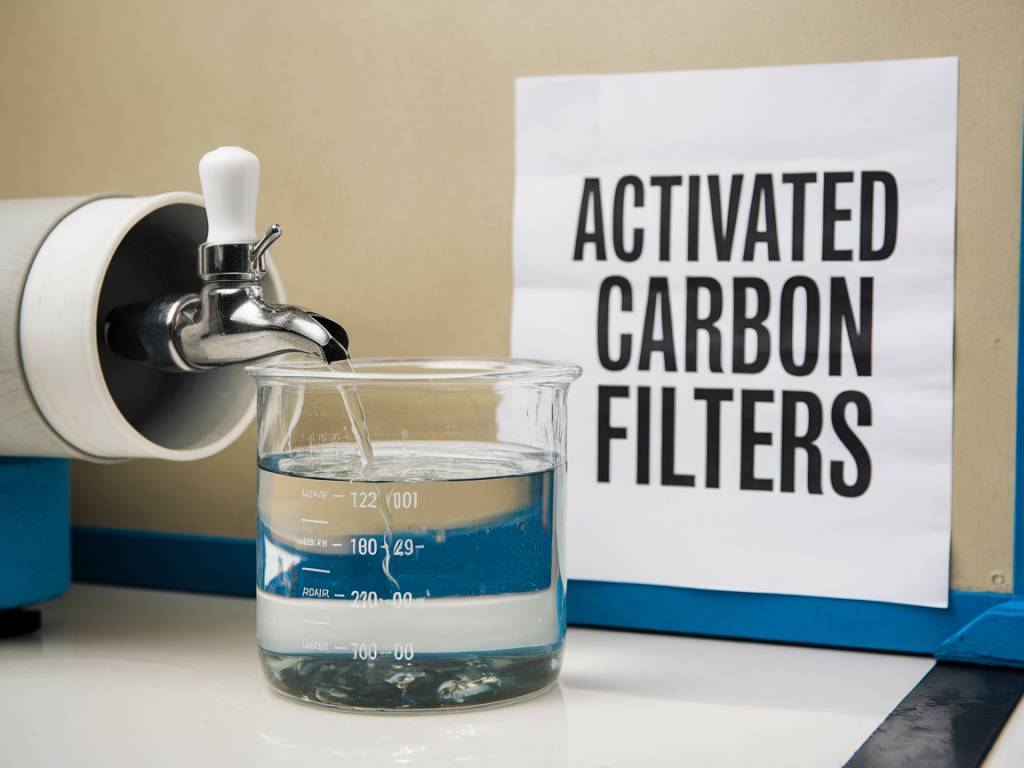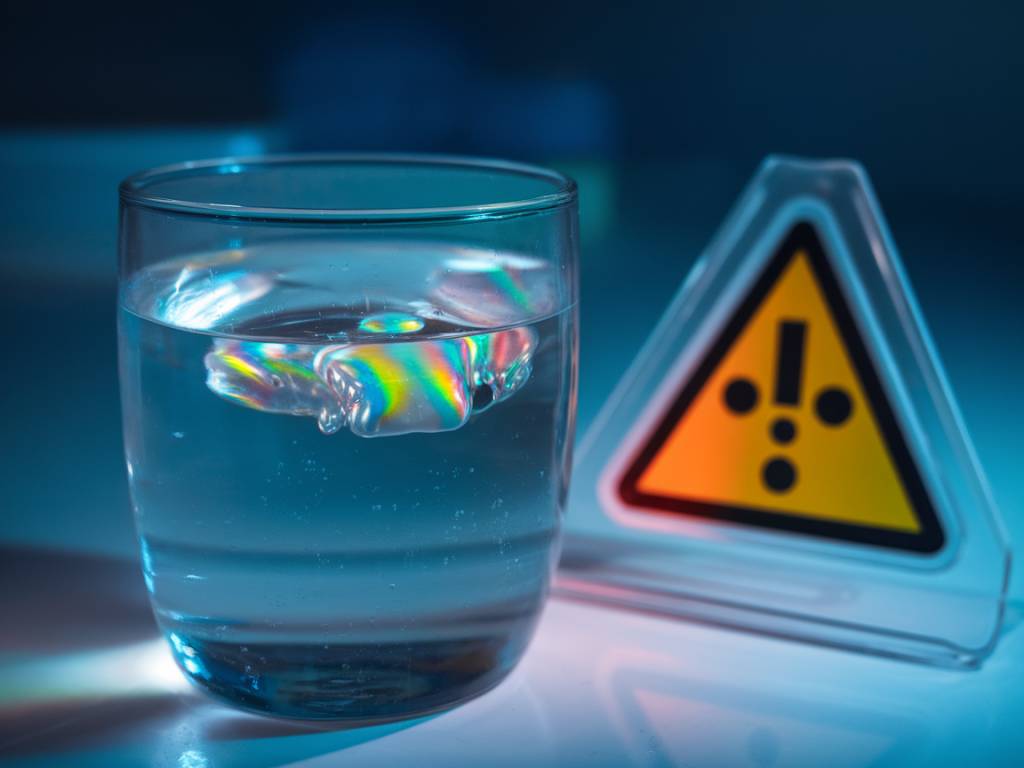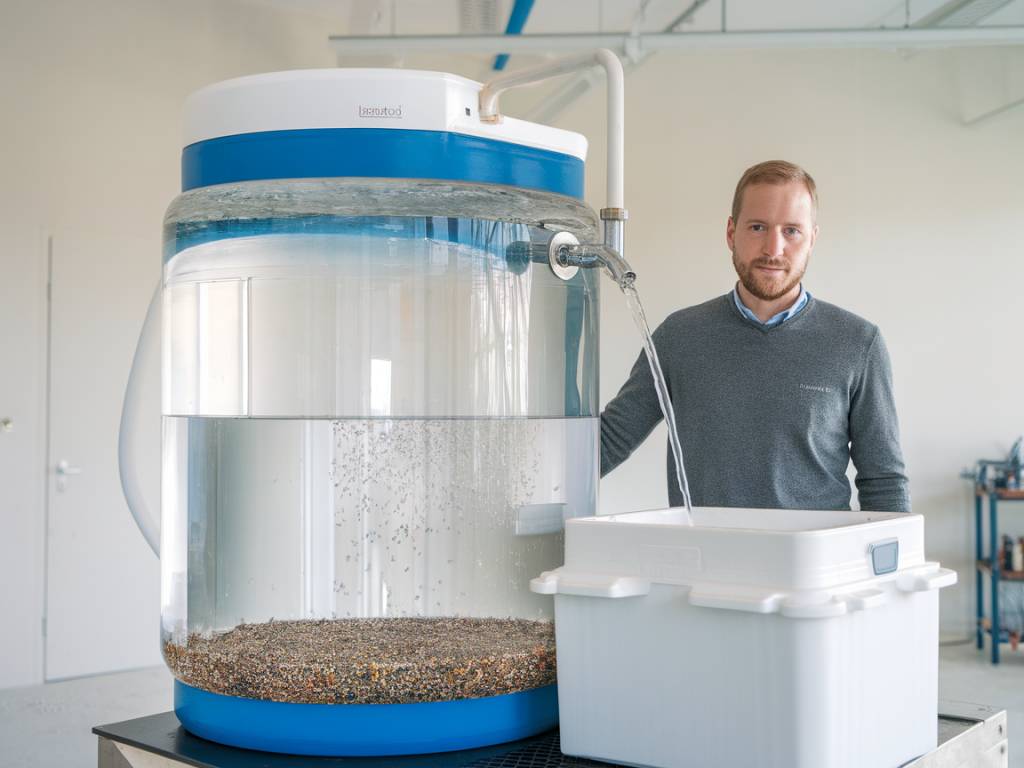Understanding Activated Carbon Filters: A Key to Clean Water
Water purification is essential for our health, but do you know what makes your water taste fresh and free from contaminants? One of the most effective and widely used filtration methods is activated carbon. But what is it exactly, and how does it work? If you’ve ever wondered why your water filter removes odors and chemicals so efficiently, the secret lies in these tiny yet powerful carbon filters.
What Are Activated Carbon Filters?
Activated carbon filters are made from organic materials such as coconut shells, wood, or coal. These materials undergo a special process to increase their surface area and enhance their ability to trap contaminants. The result? A highly porous structure that can efficiently absorb and remove impurities from water.
Think of activated carbon as a sponge, but instead of absorbing water, it attracts and traps unwanted chemicals and pollutants, leaving the water cleaner, fresher, and safer to drink.
How Do Activated Carbon Filters Work?
Activated carbon filters utilize a process called adsorption (not absorption). During adsorption, contaminants stick to the surface of the carbon, preventing them from passing through the filter. Here’s how the process works:
- Contaminated Water Enters: As water flows through the filter, it carries various chemicals, sediments, and organic compounds.
- Impurities Get Trapped: The porous nature of activated carbon captures chlorine, volatile organic compounds (VOCs), herbicides, pesticides, and even some heavy metals.
- Clean Water Exits: The filtered water that comes out is significantly cleaner, tastier, and free from unpleasant odors.
The effectiveness of an activated carbon filter depends on various factors, such as the water flow rate, contact time, and the type of contaminants present. The longer water is in contact with the carbon, the better the filtration.
What Contaminants Do Activated Carbon Filters Remove?
These filters are excellent at removing a wide range of impurities, improving both the taste and safety of your drinking water. Here are some common contaminants that activated carbon effectively eliminates:
- Chlorine and Chloramine: These disinfectants are added to municipal water to kill bacteria, but they can leave an unpleasant taste and odor.
- Volatile Organic Compounds (VOCs): Found in industrial pollutants and household chemicals, VOCs can be harmful to health.
- Pesticides and Herbicides: Runoff from farms and gardens can introduce harmful agricultural chemicals into water sources.
- Pharmaceutical Residues: Traces of medications can sometimes be present in drinking water, but activated carbon can help reduce them.
- Heavy Metals (Partially): While activated carbon can absorb some metals like lead, it is not as effective as other specialized filters for removing heavy metals completely.
However, it’s important to note that activated carbon filters do not remove minerals like calcium and magnesium, which means they won’t soften water.
Why Choose an Activated Carbon Filter?
With many water purification solutions available, why should you opt for activated carbon filtration? Here are some compelling reasons:
- Improves Taste and Odor: If you’ve noticed a chlorine-like taste in tap water, an activated carbon filter will eliminate it, giving you fresh, clean-tasting water.
- Affordable and Accessible: Compared to advanced filtration systems, carbon filters are budget-friendly and easy to install in water pitchers, faucets, or whole-house systems.
- Eco-Friendly: By reducing the need for bottled water, these filters contribute to environmental conservation by cutting down plastic waste.
- Minimal Maintenance: While they do require occasional replacement, carbon filters are relatively low-maintenance compared to complex filtration systems.
How Often Should You Replace an Activated Carbon Filter?
The lifespan of an activated carbon filter depends on water usage and contamination levels. Most manufacturers recommend replacing filters every two to six months. Some high-end models last longer, but keeping track of replacement schedules ensures optimal performance.
Using an expired filter can actually reduce filtration efficiency and might even release trapped contaminants back into the water, so it’s crucial to follow replacement guidelines.
Is an Activated Carbon Filter Enough for Your Water Needs?
While activated carbon filters are highly effective at improving water quality, they are not a one-size-fits-all solution. If you live in an area with high heavy metal content, bacterial contamination, or fluoride concerns, you may need additional filtration methods like reverse osmosis or UV purification.
A good approach is to test your water before selecting a filtration system. If your water quality report highlights specific contaminants, you can complement your carbon filter with other purification methods for complete protection.
Final Thoughts on Activated Carbon Filters
Activated carbon filters play a crucial role in purifying water, making it safer and more enjoyable to drink. Whether you’re using a carbon filter in a pitcher, faucet system, or refrigerator, the benefits are undeniable: cleaner water, improved taste, and a reduction of harmful contaminants.
Are you already using an activated carbon filter? If not, it might be time to make the switch and experience the difference!


